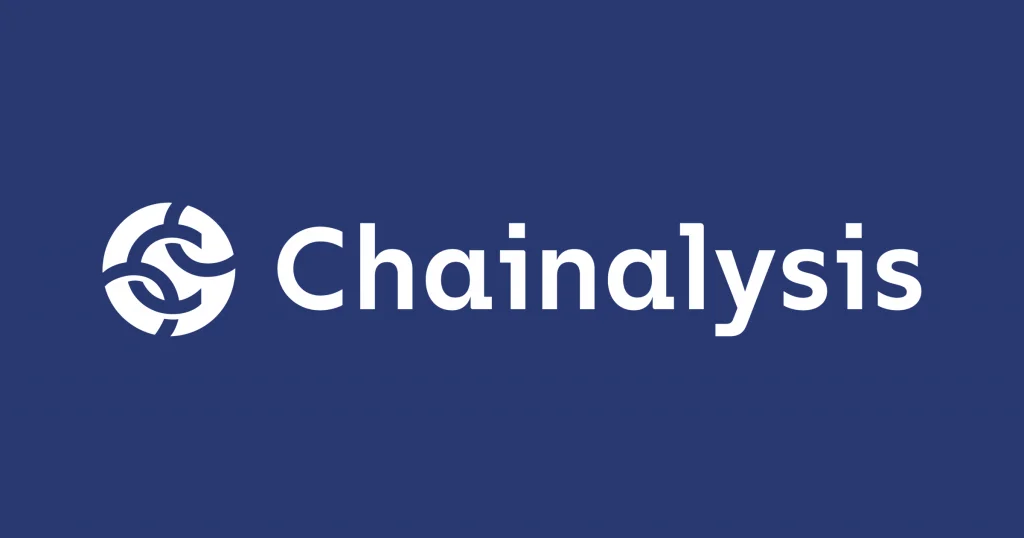Chainalysis will enable the Lightning Network, a layer two protocol on the Bitcoin blockchain, in February 2022 and companies that accept Bitcoin payments using Lightning nodes will be able to use the Chainalysis Know Your Transaction compliance software

Chainalysis sets to enable Lightning Network bitcoin payments
Chainalysis, a blockchain data platform, will enable the Lightning Network, a layer two protocol on the Bitcoin blockchain, in February 2022.
Companies that accept Bitcoin payments using Lightning nodes will be able to use the Chainalysis Know Your Transaction compliance software as a result of the connection. It also implies that virtual asset service providers (VASPs), such as exchanges, will be able to process Bitcoin transactions in accordance with global standards.
“There will be no change in the Lightning Network user experience,” claimed a Chainalysis spokeswoman.
Chainlysis’ use of VASP terminology in its press release is based on Financial Action Task Force (FATF) guidance that was updated at the end of October. The multinational organization upholds excellent practices in anti-money laundering.
Although it lacks the authority to levy fines, it does keep a gray list of countries that it believes warrant increased monitoring and a black list of countries that have been uncooperative. Landing on one of those lists usually results in economic sanctions from other FATF-member countries, such as the United States, and getting off the lists can take years.
The most recent FATF revisions change the definition of a VASP to “exclude ancillary participants that do not provide or actively facilitate any of these covered activities, such as entities that provide Internet or cloud services.” Developers who contribute to open-source programs and miners would be excluded.
The other amendment, which changes the “travel rule,” is primarily concerned with the type of data that corporations will be able to collect using the Chainalysis compliance software.
When transmitting money, financial institutions are required by the travel rule to share data with other firms. The FATF specified that data for cryptocurrency transactions of $3,000 or more between VASPs, but not private parties, will be covered by the travel rule.
“The Lightning Network addresses many of the issues that prevent the Bitcoin protocol from being used for micropayments and other transaction types that promote financial inclusion,” said Chainalysis’ chief product officer, Pratima Arora.
“By enabling clients to support Lightning transactions in a compliant manner, we hope to increase the network’s popularity and help it scale.”
Adoption of the Lightning Network, which debuted in 2018, has increased at a higher rate in 2021 than in any previous year. According to Bitcoin Visuals, the number of nodes on the network increased by 68% last year.
However, thanks to the Salvadoran government’s adoption of Bitcoin as legal tender, as well as Twitter’s integration of Bitcoin for its tipping feature, the number of active nodes has increased by 128 percent since January.
Crypto Miners would be unable to meet the tax reporting requirements
According to a Chainalysis spokesman, the Know Your Transaction compliance capabilities do not address new tax reporting obligations in President Biden’s $1.2 trillion infrastructure package approved last month.
The law would require businesses to regard cryptocurrency payments of $10,000 or more as “cash,” making them liable for collecting and transmitting tax information to the Financial Crimes Enforcement Network within 15 days.
The other provision, which classifies any person or firm involved in a crypto transaction as a “broker,” would necessitate the collection and submission of tax information to the IRS.
Opponents of the idea have branded the term as extremely wide, claiming that individual developers or crypto miners would be unable to meet the tax reporting requirements due to technical constraints. Senators Cynthia Lummis (R-WY), Ron Wyden (D-OR), and Ted Cruz (R-TX) have all criticized this measure (R-TX).
